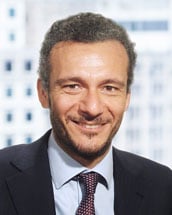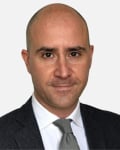In brief
With the document “MDCG 2021-3 Questions and Answers on Custom-Made Devices” published on 15 March 2021, the Medical Device Coordination Group (MDCG) provided clarifications on the regulation of custom-made medical devices falling within the scope of Regulation (EU) 2017/745. The purpose of this document is to outline the differences among three different categories of seemingly similar medical devices: custom-made, adaptable and so-called patient-matched devices.
In depth
In this regard, the document clarifies that custom-made medical devices are devices that are specifically made in accordance with a written prescription of a qualified professional which gives specific design characteristics provided under his/her responsibility and that are intended for the sole use of a particular patient exclusively to meet the latter’s individual conditions and needs (e.g., dental crowns and prostheses replacing body parts).
The above category of medical devices does not include the so-called personalized devices for the individual patient, given that they are mass-produced, which are distinguished in adaptable medical devices and patient-matched devices.
In particular, adaptable medical devices are devices that are adapted, adjusted, assembled or shaped by a healthcare professional in accordance with the manufacturer’s instructions, in order to fit the device to the anatomo-physiologic features of the patient (e.g., patient fitted wheelchairs and hearing aids).
Lastly, patient-matched devices are medical devices that are matched to a patient’s anatomy based on a standard device model or within a specific design envelope, are typically produced in a batch through a process that is capable of being validated and reproduced, and are designed and produced under the responsibility of the manufacturer even though their design may be developed in consultation with an authorized healthcare professional (e.g., 3D-printed medical devices).





